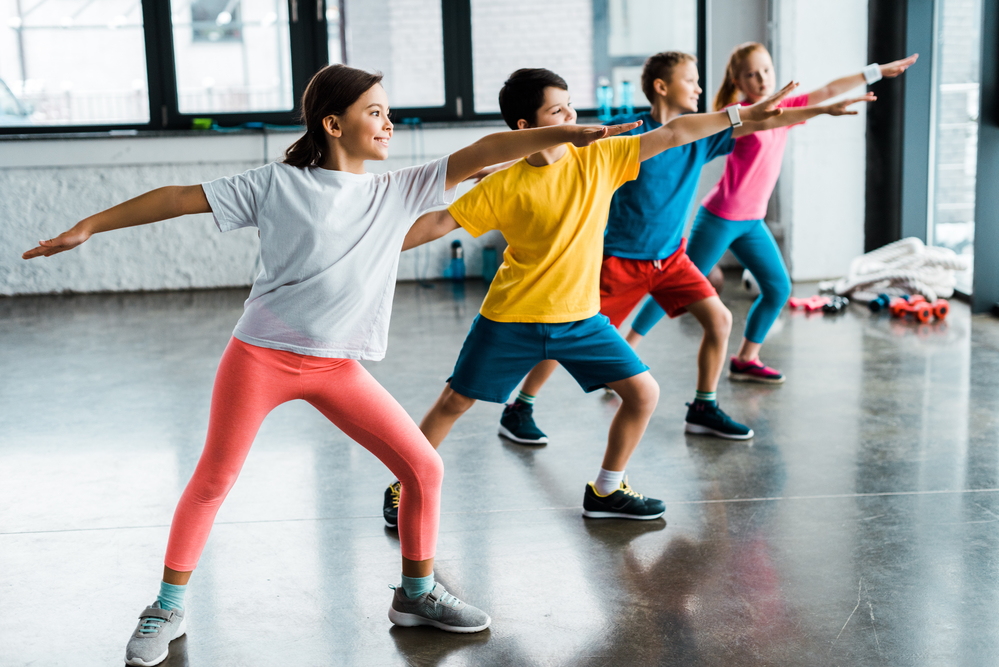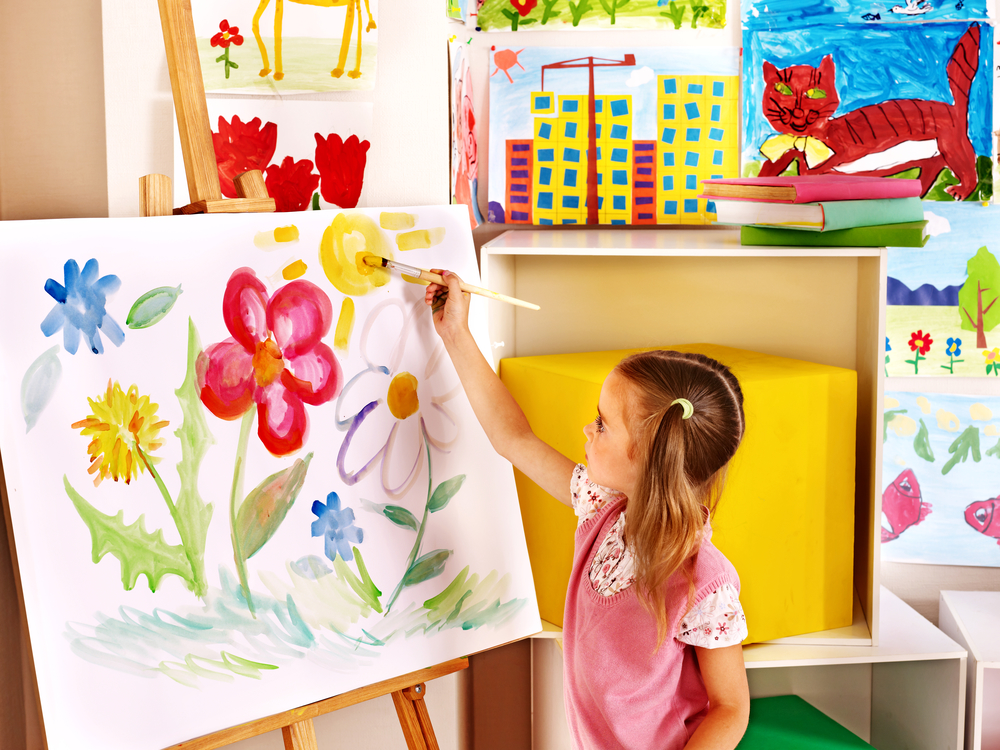By Portia Gunn, Youthrive Occupational Therapist
Did you know that children and young people should be getting at least one hour of moderate to vigorous-intensity physical activity every day?
Sports has many benefits to a child’s development. By playing sports, your child will not only become stronger physically, but mentally too. They will develop physical skills, make new friends, have fun, exercise, learn to be a team member, learn about turn-taking and playing fair, improve their self-esteem, and much more!
Benefits of sports for childhood development
Children can learn many vital skills while playing sport. Some of these skills include:
· Motor skills
-
- Visual tracking and hand-eye coordination
- Postural stability – this supports increased sitting time during class and helps your child develop their finer motor skills
- Coordination of motor movements – within sports this skill needs to occur whilst following instructions, being aware of the space and filtering noise and other distractions
- Judgement of space (spatial awareness)
- Improved skills in perception of time and distance e.g. running and knowing when to start stopping, physically changing movements in accordance with time instructions in group games etc.
· Social engagement and interaction
-
- Communicating with peers
- Coping with loss and defeat
- Conflict resolution and negotiation
- Working collaboratively as part of a team to meet a common goal
- Turn-taking
· Sense of belonging and self-esteem
-
- Helping children understand their role within their class and team
- Opportunity to explore leadership skills
- Improved confidence in their own skills
- Celebration and compliments by peers – sense of accomplishment
· Emotional control and regulation
-
- Supportive of academic outcomes due to increased regulation – children who participate in sport develop gross and fine motor skills that enable their independent access to movement activities more regularly therefore increase opportunities to regulate their body’s state of arousal. Examples of this include higher rates of participation in physical activity during provided lunch breaks, improved confidence participating in class-based movement breaks.
- Increased impulse control (this supports regulation, social success and further development of motor skills)
- Practice patience
· Academic performance
-
- Physical activity is not only essential for healthy growth and development, it’s also important to learning.
- Research shows that physical activity – whether it’s team sports, bike riding, swimming at the beach or playground games – has positive effects on the brain and on school performance.
- Exercise can also assist your child’s ability to focus, concentrate, learn, remember and handle stress
What sports are good for development?
At Youthrive, we believe any school-based sport helps a child’s development areas listed above. However, here are some popular sports that are great for childhood development:
- Soccer
- Netball
- Basketball
- Rugby
- Hockey
- Athletics
- T-ball
- Basketball
- Obstacle course-based sports sessions
How to encourage your child to be physically active
Parents – you can help your kids enjoy sport and be physically active by:
- Leading by example.
It’s important that you are physically active yourself.
- Being supportive.
Make sure you are at every game, cheering them on.
- Being positive.
Even if they lost their game. Did they kick an amazing goal, or run really fast? Tell them how proud you are.
- Playing sport together
Make sure you offer opportunities for physical activity at family outings.
- Reducing screen time
Set time limits on computer games and television.
- Consulting with your child’s school
There may be ways to encourage greater participation in sports and physical activity at your child’s school.
You may also like to read:









